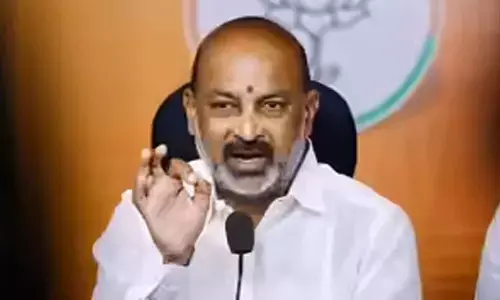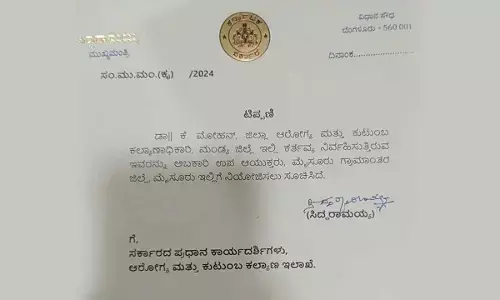CERC caps power exchanges price at Rs 12/unit

CERC caps power exchanges price at Rs 12/unit
The Central Electricity Regulatory Commission (CERC), the power regulator of India, has capped the maximum power unit price on power exchanges at Rs 12 per unit from the earlier limit of Rs 20 unit.
The Central Electricity Regulatory Commission (CERC), the power regulator of India, has capped the maximum power unit price on power exchanges at Rs 12 per unit from the earlier limit of Rs 20 unit. It has also directed the exchanges to re-design the bidding software to allow the members to submit bids in this range for the day-ahead market (DAM) and real-time market (RTM).
The Central Electricity Regulatory Commission (CERC) in a notification said, "The commission, in the exercise of powers under Regulation 51 (1) of Power Market Regulations 2021, directs the power exchanges until further orders, to re-design, with immediate effect, the bidding software so that members can submit their bids in the price range of Rs.0/kWh to Rs.12/kWh for Day-Ahead Market and Real-Time Market."
The power exchanges must comply with the direction within two days.
It added, "The Commission is of the view that this price moderation will be in keeping with the present market realities and shall not have any significant impact on the volume transacted and safeguard the consumer interests."
The decision was taken because 99% of the supply bids (for the days for which data has been analysed) have been in the range of Rs 12/kWh and only 1% of the supply bids have been higher than Rs 12/kWh. The commission said that buy bids on power exchanges were more than double the sell bids, indicating higher demand and lower supply. Aggressive bidding by desperate buyers has led to high prices. The average buy to sell bid ratio was 2.03 when MCP touched Rs.20/kWh, which is the ceiling price imposed by the exchange.
The Commission said that it has been regularly monitoring the prices of electricity traded in the Day-Ahead Market (DAM) and Real-Time Market (RTM) at the power exchanges. It has been observed that the prices discovered at the power exchanges have remained significantly high during the last few days. The factors like rising temperature causing early onset of summers and increase in economic activities with the lifting of COVID-19-related restrictions have contributed significantly to the increase in electricity demand.
On the other hand, the increase in the supply has been limited. The situation has been further aggravated due to geopolitical factors affecting the fuel supply and certain domestic supply constraints. This has widened the gap between demand and supply, with the average buy to sell bid ratio reaching more than 2 and the market clearing price (MCP) frequently touching Rs.20/kWh.
Needless to say, such an abnormally high price, even for a short period, without any significant impact on the increase in supply is not only against consumer interest but also erodes the buyer's confidence in the market's credibility.











